Meaning
a. From 166 (aw-hal); a tent (as clearly conspicuous from a distance)
Phonetics:
aw-hal'
1. Ohel means "tent; home; dwelling; habitation".
Phonetics:
o'-hel
2. First, this word refers to the mobile structure called "a tent". This is its meaning in Genesis 4:20, "And Adah bare Jabal: he was the father of such as dwell in tents [ohel; 168], and of such as have cattle."
These are what nomadic Bedouins normally live in.
3. "Tents" can also be used as housing for animals: "They smote also the tents [ohel;168] of cattle, and carried away sheep and camels in abundance, and returned to Jerusalem." [2 Chronicles 14:15].
4. Soldiers lived in "tents" during military campaigns, "And David took the head of the Philistine, and brought it to Jerusalem; but he put his armour in his tent [ohel;168]." [1 Samuel 17:54].
5. A "tent" is pitched on top of a house so everyone could see that Absalom went in to his father's concubines, 2 Samuel 16:22, "So they spread Absalom a tent [ohel;168] upon the top of the house; and Absalom went in unto his father's concubines in the sight of all Israel.". This constituted an open rejection of David's dominion and a declaration that he (Absalom) was claiming the throne.
6. The word is a synonym for "home, dwelling," and "habitation". this emphasis is especially evident in Judges 19:9, "And when the man rose up to depart, he, and his concubine, and his servant, his father in law, the damsel's father, said unto him, Behold, now the day draweth toward evening, I pray you tarry all night: behold, the day groweth to an end, lodge here, that thine heart may be merry; and to morrow get you early on your way, that thou mayest go home [ohel;168]."
This meaning appears in the phrase "to your tents", 2 Samuel 20:1, "And there happened to be there a man of Belial, whose name was Sheba, the son of Bichri, a Benjamite: and he blew a trumpet, and said, We have no part in David, neither have we inheritance in the son of Jesse: every man to his tents [ohel;168], O Israel."
The "tabernacle" ('tent') of David, therefore, is his dwelling place or palace; Isaiah 16:5, "And in mercy shall the throne be established: and he shall sit upon it in truth in the tabernacle [ohel;168] of David, judging, and seeking judgment, and hasting righteousness."
7. Similarly, the "tabernacle" ('tent') of the daughter of Zion is Israel's capital, or what Israel inhabits - Jerusalem; Lamentations 2:4; "He hath bent his bow like an enemy: he stood with his right hand as an adversary, and slew all that were pleasant to the eye in the tabernacle [ohel;168] of the daughter of Zion: he poured out his fury like fire."
8. Ohel may represent those who dwell in the dwellings of a given area or who form a unit of people. thus the "tents" of Judah are her inhabitants; Zechariah 12:7, "The Lord also shall save the tents (ohel;168) of Judah first, that the glory of the house of David and the glory of the inhabitants of Jerusalem do not magnify themselves against Judah. " cf Psalm 83:6, "The tabernacles (ohel;168) of Edom, and the Ishmaelites; of Moab, and the Hagarenes;"
9. Bedouin "tents" today (as in the past) are constructed of strong black cloth of woven goat's hair. They are shaped variously. The women pitch them by stretching the cloth over poles and tying it down with cords of goat's hair or hemp. Wooden mallets are used to drive tent pegs into the ground; Judges 4:21, "Then Jael Heber's wife took a nail of the tent (ohel;168), and took an hammer in her hand, and went softly unto him, and smote the nail into his temples, and fastened it into the ground: for he was fast asleep and weary. So he died."
Sometimes the structure is divided in order to separate families or to separate animals from people; 2 Chronicles 14:15, "They smote also the tents (ohel;168) of cattle, and carried away sheep and camels in abundance, and returned to Jerusalem."
The back of the "tent" is closed and the front open. The door is made by turning back the fold where the two ends of the cloth meet; Genesis 18:1, "And the Lord appeared unto him in the plains of Mamre: and he sat in the tent (ohel;168) door in the heat of the day;"
The "tent" and all its contents are transported on the back of a single pack animal. Richer people cover the floor with mats of various materials. A chief or sheikh may have several "tents" - one for himself and his guest (s), another for his wives and other females in his immediate family, and still another for the animals; Genesis 31:33, "And Laban went into Jacob's tent, and into Leah's tent, and into the two maidservants' tents; but he found them not. Then went he out of Leah's tent, and entered into Rachel's tent. "
NB: This is how it is gathered that Laban was rich materially.
10. Before the construction of the tabernacle Moses pitched a "tent" outside the camp; Exodus 33:7, "And Moses took the tabernacle, and pitched it without the camp, afar off from the camp, and called it the Tabernacle of the congregation. And it came to pass, that every one which sought the Lord went out unto the tabernacle of the congregation, which was without the camp."
There he met with God. The "tent" outside the camp persisted as a living institution for only a short period after the construction of the tabernacle and before the departure from Sinai; Numbers 11:16, "And the Lord said unto Moses, Gather unto me seventy men of the elders of Israel, whom thou knowest to be the elders of the people, and officers over them; and bring them unto the tabernacle of the congregation, that they may stand there with thee. " and Numbers 12:4, "And the Lord spake suddenly unto Moses, and unto Aaron, and unto Miriam, Come out ye three unto the tabernacle of the congregation. And they three came out. "
Eventually the ark of the covenant was moved into the tabernacle; Exodus 40:21, "And he brought the ark into the tabernacle, and set up the vail of the covering, and covered the ark of the testimony; as the Lord commanded Moses." where the LORD met with Moses and spoke to Israel; Exodus 29:42, "This shall be a continual burnt offering throughout your generations at the door of the tabernacle of the congregation before the Lord: where I will meet you, to speak there unto thee. "
This structure is called the tent of meeting inasmuch as it contained the ark of covenant and the tables of testimony (shew bread?); Numbers 9:15, "And on the day that the tabernacle was reared up the cloud covered the tabernacle, namely, the tent of the testimony: and at even there was upon the tabernacle as it were the appearance of fire, until the morning. "
As the tent of meeting it was the place where God met with His people through Moses (or the high priest) and revealed His will to them; 1 Samuel 2:22, "Now Eli was very old, and heard all that his sons did unto all Israel; and how they lay with the women that assembled at the door of the tabernacle of the congregation. "
Syn: Mishkan (4908) stresses the dwelling place/residence; whereas ohel stresses a specific dwelling place, a tent.
9. Bedouin "tents" today (as in the past) are constructed of strong black cloth of woven goat's hair. They are shaped variously. The women pitch them by stretching the cloth over poles and tying it down with cords of goat's hair or hemp. Wooden mallets are used to drive tent pegs into the ground; Judges 4:21, "Then Jael Heber's wife took a nail of the tent (ohel;168), and took an hammer in her hand, and went softly unto him, and smote the nail into his temples, and fastened it into the ground: for he was fast asleep and weary. So he died."
Sometimes the structure is divided in order to separate families or to separate animals from people; 2 Chronicles 14:15, "They smote also the tents (ohel;168) of cattle, and carried away sheep and camels in abundance, and returned to Jerusalem."
The back of the "tent" is closed and the front open. The door is made by turning back the fold where the two ends of the cloth meet; Genesis 18:1, "And the Lord appeared unto him in the plains of Mamre: and he sat in the tent (ohel;168) door in the heat of the day;"
The "tent" and all its contents are transported on the back of a single pack animal. Richer people cover the floor with mats of various materials. A chief or sheikh may have several "tents" - one for himself and his guest (s), another for his wives and other females in his immediate family, and still another for the animals; Genesis 31:33, "And Laban went into Jacob's tent, and into Leah's tent, and into the two maidservants' tents; but he found them not. Then went he out of Leah's tent, and entered into Rachel's tent. "
NB: This is how it is gathered that Laban was rich materially.
10. Before the construction of the tabernacle Moses pitched a "tent" outside the camp; Exodus 33:7, "And Moses took the tabernacle, and pitched it without the camp, afar off from the camp, and called it the Tabernacle of the congregation. And it came to pass, that every one which sought the Lord went out unto the tabernacle of the congregation, which was without the camp."
There he met with God. The "tent" outside the camp persisted as a living institution for only a short period after the construction of the tabernacle and before the departure from Sinai; Numbers 11:16, "And the Lord said unto Moses, Gather unto me seventy men of the elders of Israel, whom thou knowest to be the elders of the people, and officers over them; and bring them unto the tabernacle of the congregation, that they may stand there with thee. " and Numbers 12:4, "And the Lord spake suddenly unto Moses, and unto Aaron, and unto Miriam, Come out ye three unto the tabernacle of the congregation. And they three came out. "
Eventually the ark of the covenant was moved into the tabernacle; Exodus 40:21, "And he brought the ark into the tabernacle, and set up the vail of the covering, and covered the ark of the testimony; as the Lord commanded Moses." where the LORD met with Moses and spoke to Israel; Exodus 29:42, "This shall be a continual burnt offering throughout your generations at the door of the tabernacle of the congregation before the Lord: where I will meet you, to speak there unto thee. "
This structure is called the tent of meeting inasmuch as it contained the ark of covenant and the tables of testimony (shew bread?); Numbers 9:15, "And on the day that the tabernacle was reared up the cloud covered the tabernacle, namely, the tent of the testimony: and at even there was upon the tabernacle as it were the appearance of fire, until the morning. "
As the tent of meeting it was the place where God met with His people through Moses (or the high priest) and revealed His will to them; 1 Samuel 2:22, "Now Eli was very old, and heard all that his sons did unto all Israel; and how they lay with the women that assembled at the door of the tabernacle of the congregation. "
Syn: Mishkan (4908) stresses the dwelling place/residence; whereas ohel stresses a specific dwelling place, a tent.
Phonetics:
mish-kawn'
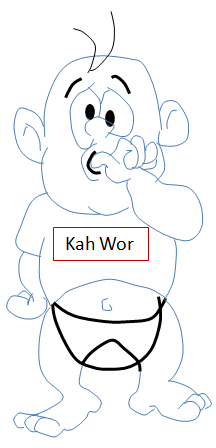

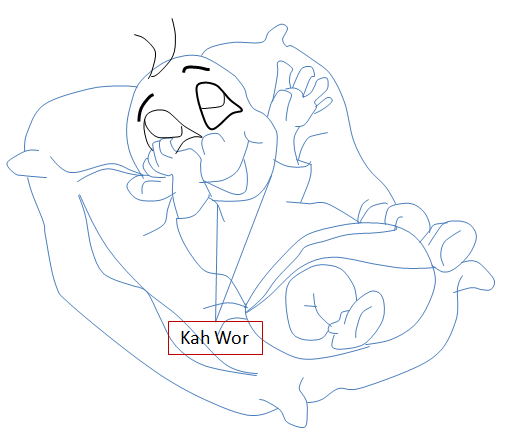
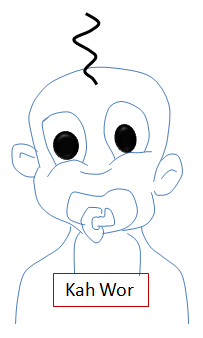
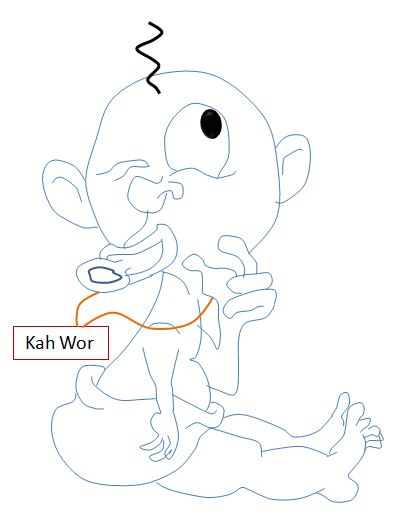

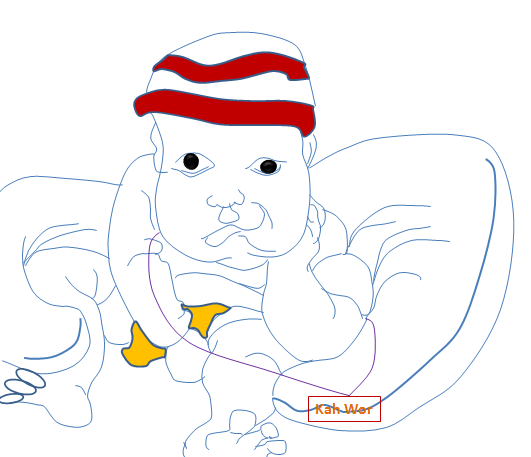
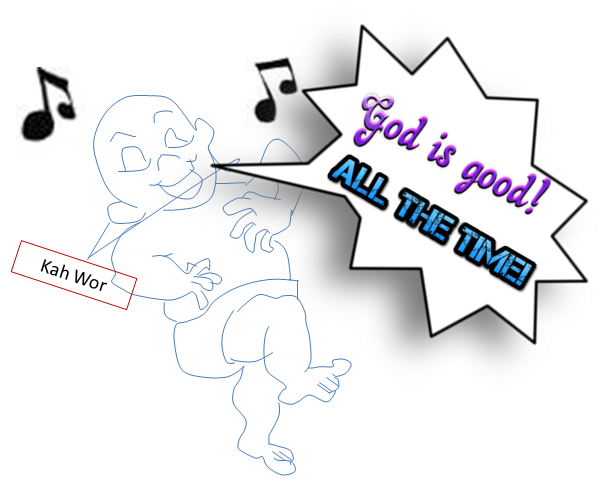

No comments:
Post a Comment